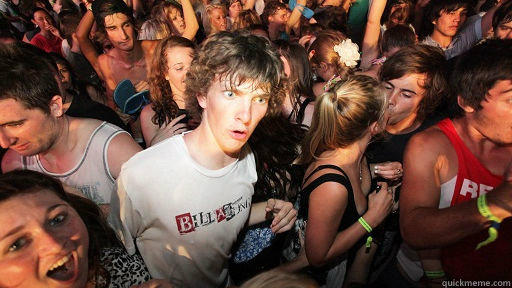I apologize for breaking my word to everyone. I sobbed uncontrollably writing this. I hope you will please hear me out. I am out of faith, and cannot continue, unless at least some people read this and understand. Please hear me out.
Let's get back to the basics. Psychiatry is the practice of psychologically identifying a diseased mind, then physically disabling the mind to neutralize the disease. The political purpose of psychiatry is to make the social argument that these diseased minds must all be physically neutralized. Their argument is, because of biological problems, a certain mind must necessarily produce nothing but diseased thoughts and actions, and that this physical reality supersedes all philosophical, moral, religious, and legal concerns. I can argue, from these premises, that psychiatry is necessarily holding the world hostage.
In order to hold the world hostage, what you do is declare that you are ready to kill the physical world for the benefits of your aims. Either it's my aims, or the entire world. Psychiatry makes this false choice. It says, "You must either sacrifice your faith and trust in your physical brain, or sacrifice your soul, according to my aims." It makes this point very strongly. It says, "I am ready to prove, to the entire world, that certain physical brains cannot be trusted, at all. I will use fear, and emotional manipulation, I will destroy your family relationships and all your friendships, I will destroy your psychological wellbeing, and every aspect of your health, to convince you, and everyone, that some people are fundamentally bad, as a result of their physical disease." If you do not agree with their point of view, they will do EVERYTHING to prove that physical brains cannot be trusted. The only way to appease this THREAT is to confess, to everyone, everywhere, that because of your physical condition, and racial heritage, you are fundamentally evil. And you must believe it, with all your heart, forever and ever. You must prove this belief physically, by taking medications, forever and ever. This is what they mean by "insight." Once you have this knowledge, they award you with the compliment that you have good insight into your illness.
It is therefore a test for the fundamental goodness of human beings whether or not we accept psychiatry. If we don't, I can't see any hope.


